It’s worth listening to Francis Ford Coppola’s commentary on the new Blu-ray edition of The Godfather just to get a sense of how vile studio executives were, even in the freewheeling, adventuresome atmosphere of Hollywood in the 1970s.
Robert Evans, celebrated by some as a “creative” producer, hated Coppola’s uniformly brilliant casting of The Godfather, hated Brando’s performance, hated the way Coppola was directing the film and came within inches of firing Coppola off the production three weeks into the 65-day shoot. Only a series of lucky circumstances saved Coppola’s job, including a timely Oscar for his script for Patton..
Evans had a studio stooge on the set at all times who tried to get Coppola to cut crucial scenes from the film before they were shot, and if Coppola refused, he would subtract days from the shooting schedule hoping that Coppola wouldn’t be able to complete the scenes in the time allotted. Coppola scrambled and somehow managed to get the scenes done anyway. At one point Evans threatened to assign Coppola a co-director to handle the action scenes — some of the best and most powerful action scenes in movie history.
When the film was finished, Evans told Coppola that if he didn’t deliver a cut that clocked in at less than two hours and fifteen minutes the film would be taken away from him. When Coppola delivered such a cut, by eviscerating his own two hour and forty-five minute cut, Evans had a fit, saying that Coppola had cut out all the best scenes and insisting that Coppola put them back. Then Evans took credit for creating the longer cut. Evans hated the Nino Rota score Coppola had commissioned and kept it only when Coppola insisted they preview the film with the score and see how an audience reacted. The audience loved the movie and the score.
In the end, it was Coppola who made Evans — a pea-brained little shit heel if there ever was one — look good, though Evans seems to have genuinely believed that he was the mastermind behind the film’s success. What Evans did was buy the rights to a novel he thought would make a nice little pot-boiler of a movie, which he intended to set in modern-day Kansas City. He hired a young director he thought could work fast to churn out the pot-boiler. When the book became a best-seller he allowed Coppola to retain the period setting and upped the budget enough to make this feasible, but just barely. Then he did everything in his power to wreck the great movie Coppola was quite clearly in the process of making. For this he thought he deserved respect? It’s sort of like an impotent bridegroom hiring a brilliant cocksman to fuck his wife on their wedding night and then trying to take credit for her orgasm.
To give the Devil his due, Evans had an instinct for spotting talented cocksmen and taking chances on them. His problem was that he mistook their dicks for his. His wife Ali MacGraw, who dumped him for Steve McQueen, didn’t suffer from the same misapprehension, at least not for long.

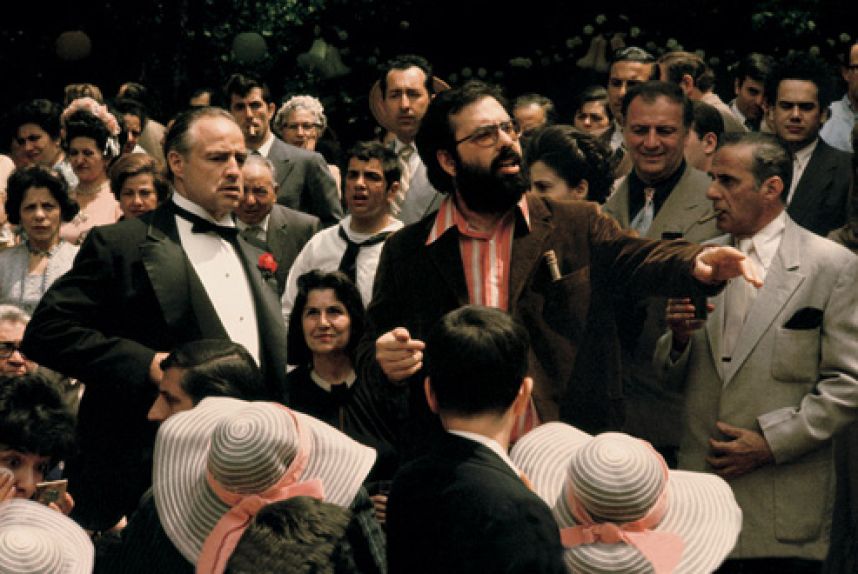
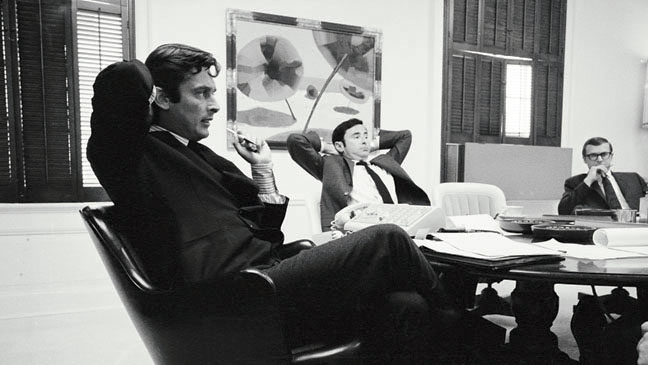
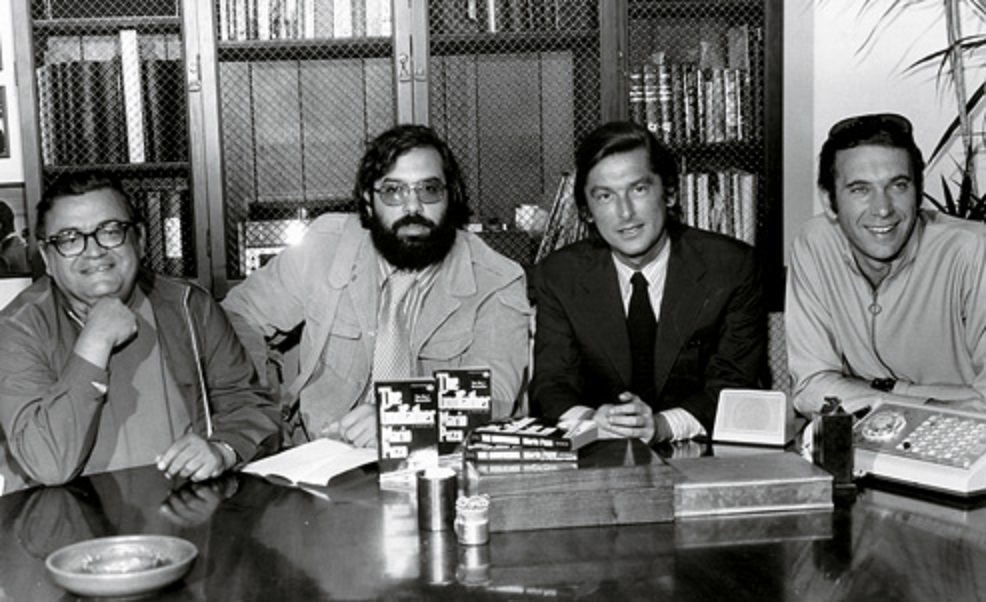
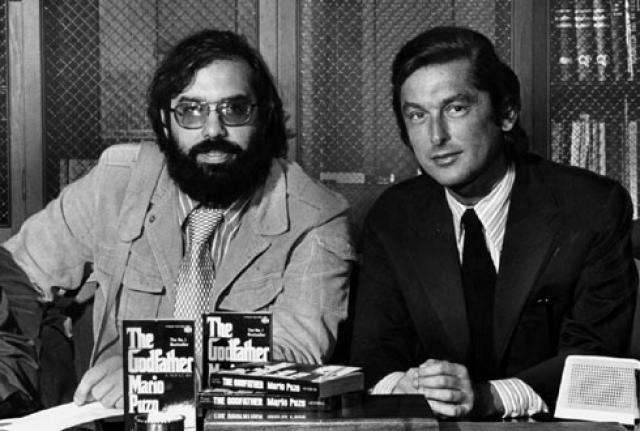
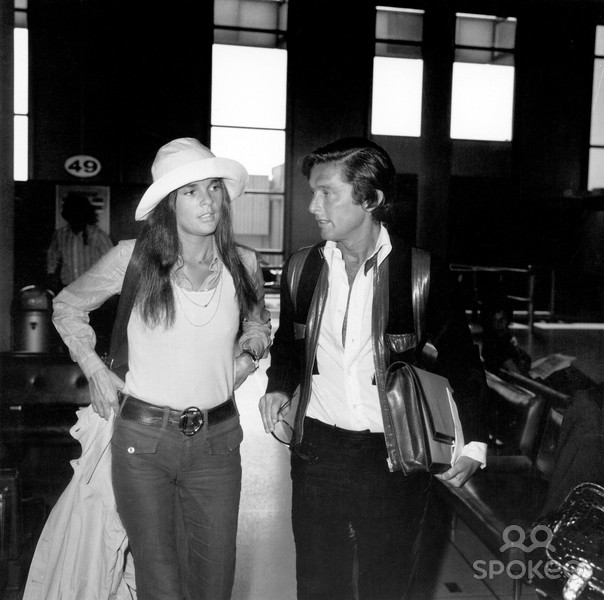
I have to say that this blog puts the internet to its highest and best use: BITCHING! It’s an art form, really.
Just relaying what Coppola has to say in the commentary. His tone is calm but you can tell that he’s still outraged by Evans’s behavior.
Damn, this is some good writing!
Thanks, Mark.
Every decision Coppola made on Godfather 1 & 2 was the right one. The casting was incredible, the music, editing, every frame of both movies is technically flawless.
It’s true, Paul — both were amazing achievements. On the second film, they let him have his way, for the most part, since the first film made so much money. That he did what he did on the first one, with so much idiotic interference, is almost unbelievable.